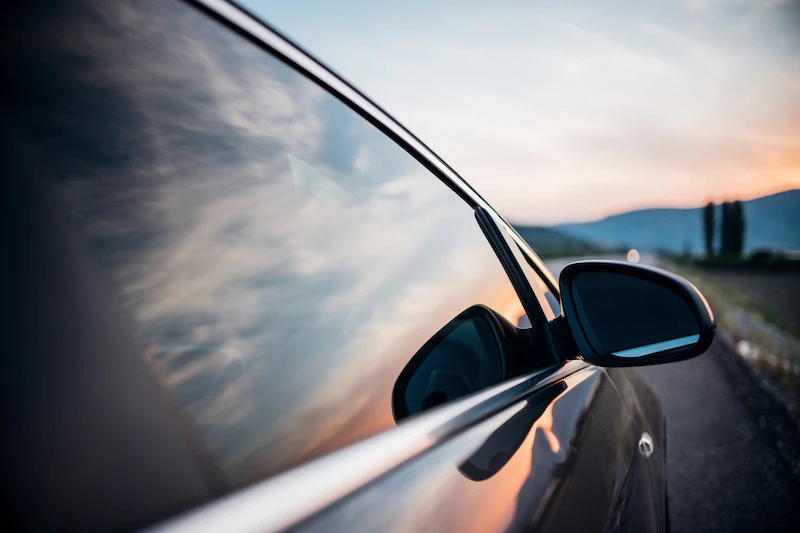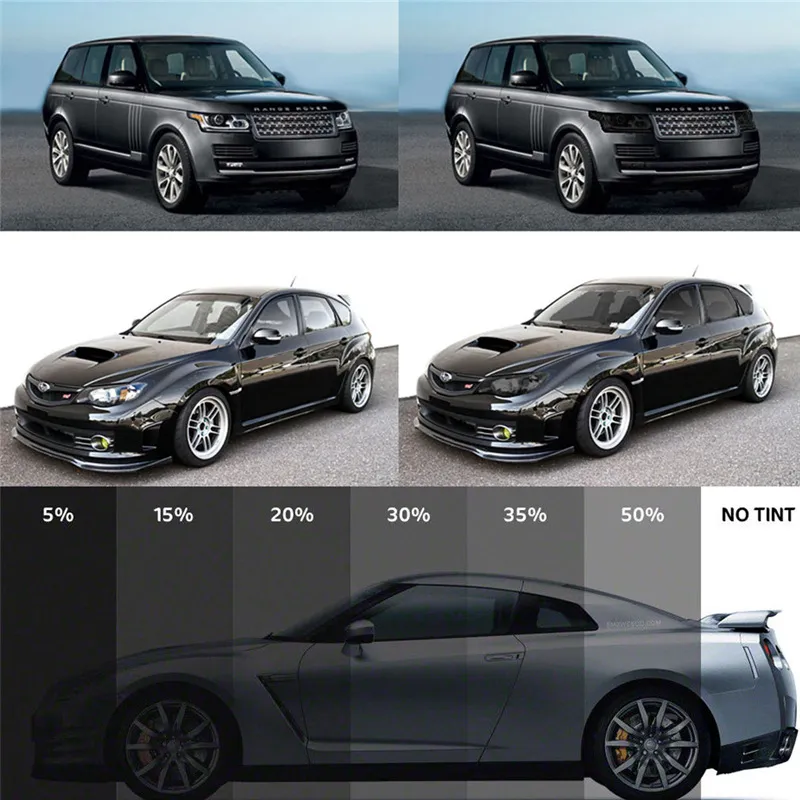Why Window Tinting Is the Best Solution for UV Protection and Glare Reduction
Why Window Tinting Is the Best Solution for UV Protection and Glare Reduction
Blog Article
Home Window Tinting Laws: What You Required to Know Before Tinting Your Automobile
Understanding window tinting regulations is necessary for any type of automobile proprietor taking into consideration tinting their cars and truck. Regulations vary substantially from one state to another, establishing certain restrictions for Visible Light Transmission (VLT) portions, particularly for front-side windows and windscreens. Failing to abide by these regulations can lead to penalties, the requirement to eliminate the tint, and complications with insurance policy. As you contemplate improving your vehicle's appearance and performance, it is vital to comprehend not just the legal implications yet also the functional considerations that come with picking the right tint. What factors should you focus on in your decision-making process?
Value of Recognizing Tint Rules
Understanding window tinting laws is essential for lorry proprietors to ensure conformity with state regulations. These legislations determine the permitted degrees of color darkness and reflectivity, which can significantly differ from one jurisdiction to one more. Failing to comply with these policies can lead to fines, compulsory removal of the color, and prospective problems during automobile inspections.
Additionally, recognizing these regulations aids lorry proprietors make informed decisions concerning their tinting alternatives. Different sorts of window films give various benefits, such as UV protection, warmth being rejected, and glare reduction. Without expertise of the lawful restrictions, car owners take the chance of picking items that might ultimately lead to lawful problems.
Additionally, recognition of tinting laws cultivates a more secure driving atmosphere. window tinting. Exceedingly dark colors can impair presence, enhancing the risk of mishaps, particularly during the night or in adverse climate condition. Regulation enforcement companies also use these laws to make certain roadway safety and security, making compliance not simply a lawful responsibility yet an individual responsibility
State-Specific Color Laws
Each state in the U.S. has established its very own details laws concerning home window tinting, mirroring a varied range of standards and demands. These laws can differ substantially, impacting how car owners come close to installation and conformity. For circumstances, some states allow darker colors on rear home windows while enforcing strict limits on front-side home windows.
In addition, laws frequently define allowable tint materials and colors. Specific states forbid reflective colors completely, while others might enable them to a limited degree. Some territories mandate that automobiles with colored home windows present a sticker label showing conformity with state laws, offering a clear identification for law enforcement.
Enforcement of these laws likewise differs; some states are extra aggressive, performing random checks, while others count on issues or noticeable infractions to start enforcement. Lorry owners need to understand that failure to abide with state-specific color policies can lead to penalties, compulsory removal of prohibited tints, or both.

Legal Tint Percentages
Establishing the lawful tint percentages is crucial for automobile owners seeking to abide with state policies. Each state has details laws controling just how much light needs to travel through the windows of an automobile, which is expressed as a percentage referred to as Visible Light Transmission (VLT) This percent differs dramatically throughout states and can depend upon the kind of home window-- front side, rear side, and windshield.
For example, some states enable as little as 20% VLT on front side home windows, while others might permit up to 50%. Windscreen tinting is commonly much more limited, with numerous territories enabling only a slim band of tint at the top of the windscreen. On the other hand, rear home windows commonly have a lot more lenient regulations, with some states allowing darker tints.
It is necessary for car owners to familiarize themselves with their regional laws to prevent possible lawful concerns. This includes understanding just how VLT is measured, as it can differ based on the kind of home window movie used. Remaining informed regarding these regulations makes certain compliance and advertises secure driving conditions for both the car proprietor and others when traveling.
Effects of Non-Compliance
Falling short to stick to window tinting regulations can lead to substantial effects for vehicle proprietors. Officers trained to determine unlawful color levels may issue fines, which can vary by jurisdiction however typically range from modest to significant quantities.

Insurer may also enforce fines for non-compliance, as prohibited alterations can be seen as a breach of policy terms. If an occurrence takes place., this might impact coverage rates or lead to issues in claims.
Eventually, the effects of non-compliance extend past prompt punitive damages; they can affect a driver's insurance prices, legal standing, and total lorry value, stressing the value of adhering to local home window tinting policies.
Tips for Choosing Tinting Options
When choosing home window tinting choices,Understanding the effects of non-compliance highlights the significance of making educated selections. First of all, acquaint yourself with your state's details legislations pertaining to color darkness and reflectivity. Each state has distinct policies that determine the acceptable restrictions, so ensure you remain within these standards to avoid fines.
Secondly, take into consideration the sort of tint product. Choices include colored, metalized, and ceramic colors, each offering differing levels of warm rejection, UV protection, and sturdiness. Ceramic colors provide exceptional warmth resistance without interfering with digital tools, making them a popular choice.
Furthermore, examine your key objective for tinting. If you look for boosted personal privacy, choose darker tints; however, bear in mind that this may influence visibility in the evening. Conversely, if glare reduction and UV protection are your main issues, lighter tints may be enough.
Finally, talk to a professional installer who is well-informed regarding local policies and can suggest top notch materials matched to your demands (window tinting). Taking these variables right into account will certainly ensure you make a knowledgeable choice, eventually improving both your car's appearances and capability
Final Thought
In final Learn More Here thought, experience with home window tinting laws is important prior to applying color to a vehicle. By comprehending lawful requirements and choosing appropriate color products, vehicle proprietors can achieve aesthetic enhancement while continuing to be certified with relevant legislations.
Understanding home window tinting legislations is crucial for any type of automobile proprietor considering tinting their car.Comprehending window tinting regulations is essential for automobile proprietors to make find out this here certain compliance with state policies. Some states permit darker colors on back home windows while enforcing strict limitations on front-side windows.
In contrast, rear home windows generally have a lot more tolerant laws, with some states permitting darker tints. (window tinting)
In conclusion, knowledge with home window tinting laws is important prior to applying tint to an automobile.
Report this page